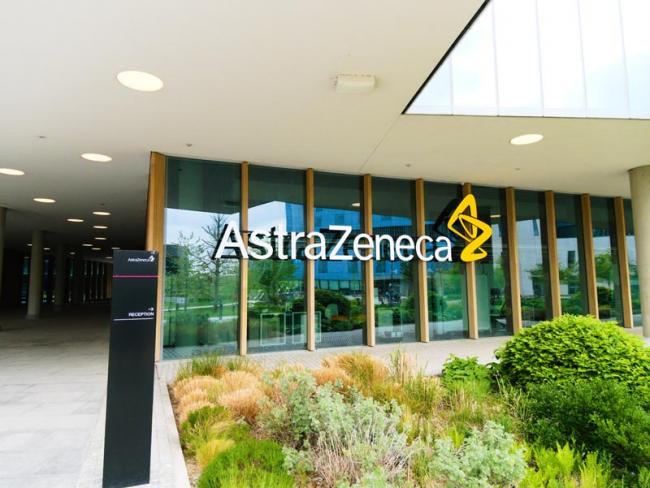
AstraZeneca’s Discovery Centre in Cambridge: in September the company said it was “pausing” a planned £200 million investment in the site. Photo Joe McNeela/shutterstock.com.
A leading scientist has warned that the pharmaceutical industry in Britain is under threat. It is a world leader in drugs research, but that may not last. Several drug companies have pulled research investment this year.
John Bell is an industry veteran, a researcher and former professor of medicine. He played a prominent role on the Vaccine Taskforce during the coronavirus pandemic.
Speaking on BBC Radio 4’s Today programme in September, Bell expressed concern that Britain is becoming a less attractive place for drug companies to conduct research. Those tensions have been stoked by Donald Trump incentivising the industries to preferentially invest in the United States.
The effects are dramatic. London listed AstraZeneca has put a £200 million development programme on hold, citing “challenging conditions” in Britain.
Merck has abandoned plans for a £1 billion research hub in Kings Cross, central London: it was projected to provide up to 800 high quality research jobs. And the British pharmaceutical giant GSK has announced that it intends to invest around £22 billion in the US over the next five years.
There is potential real-estate investment on the horizon from, for example, Prologis and Relation Therapeutics. But there is already a surfeit of empty life sciences laboratories: the current vacancy rate is around 32 per cent.
The government claims that it has a strategy to make Britain “the destination of choice for Life Sciences Companies to invest; supporting our health, wealth and industrial resilience.” The fall in investment and the surfeit of laboratory space cast doubt on those government pledges to make Britain a life sciences superpower.
